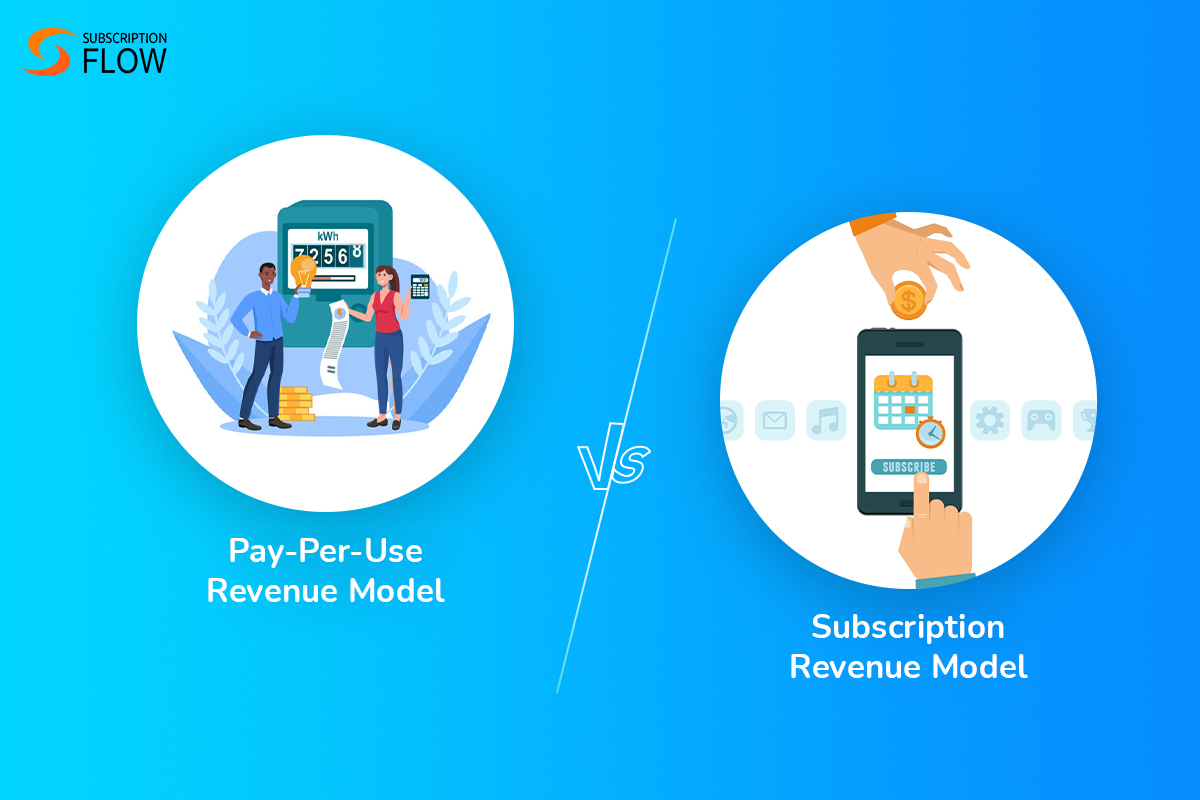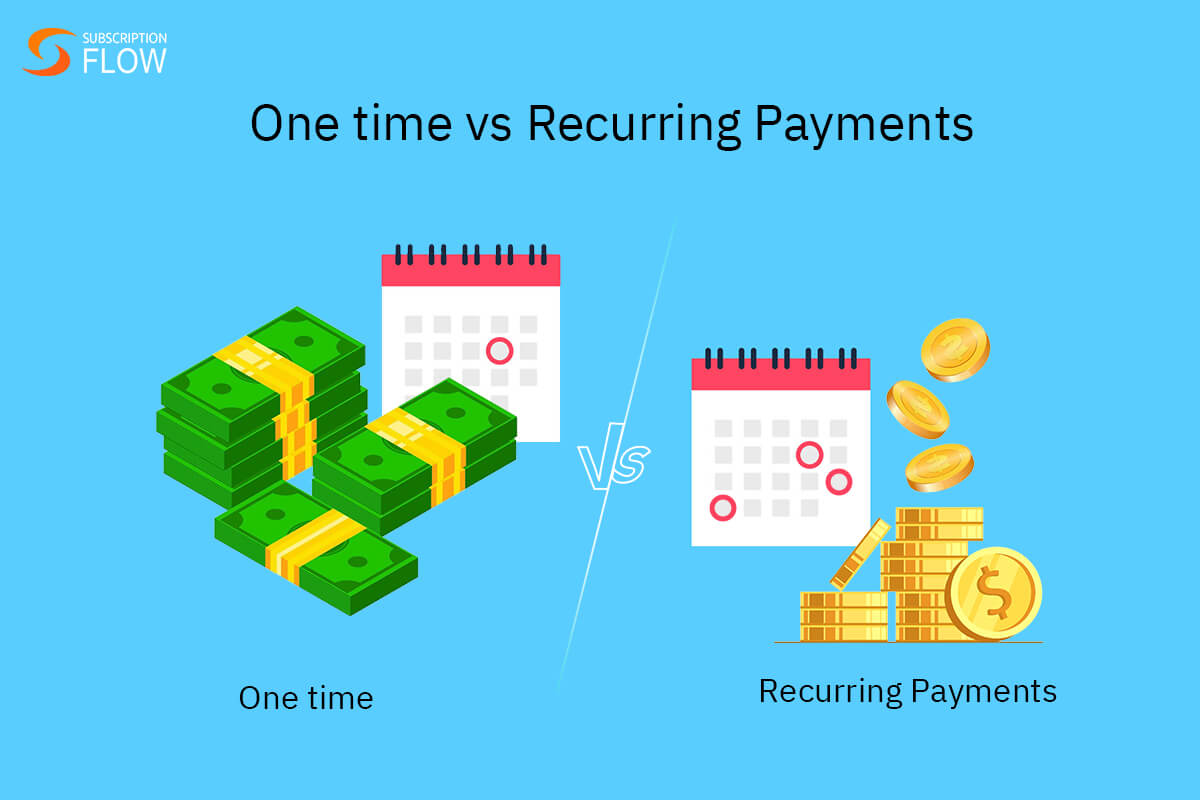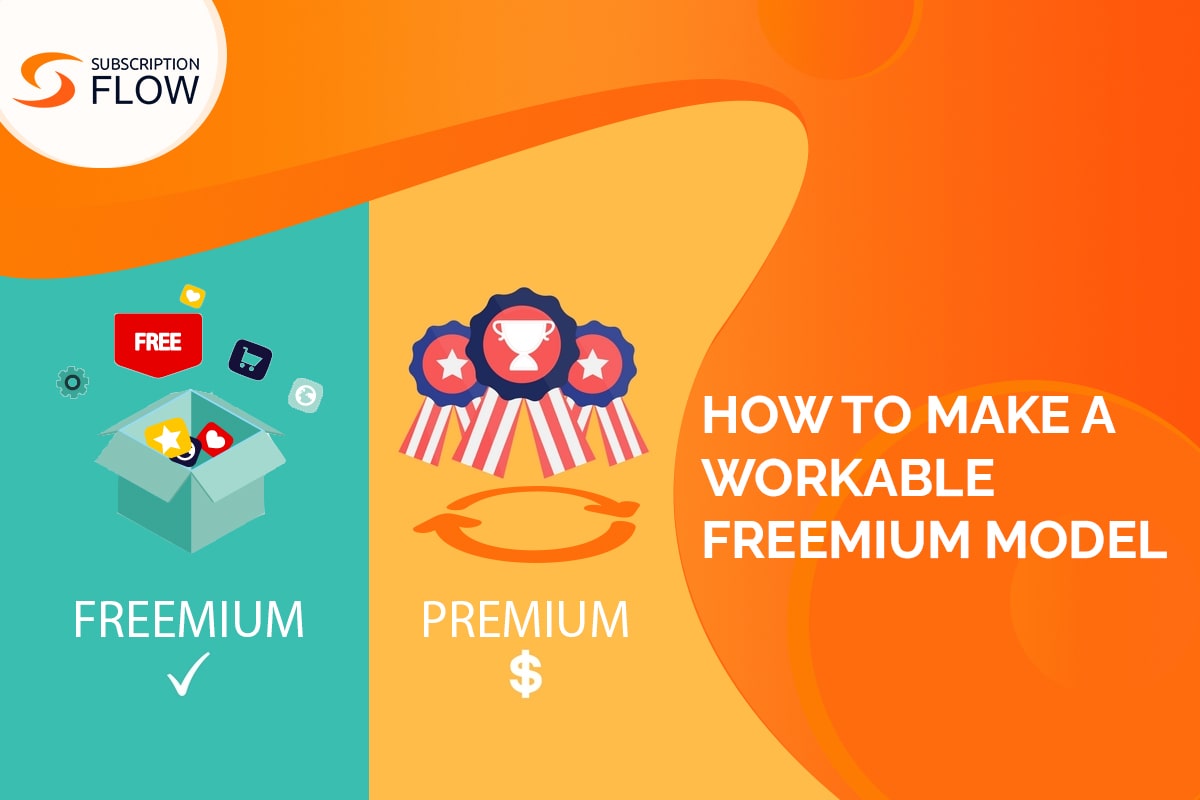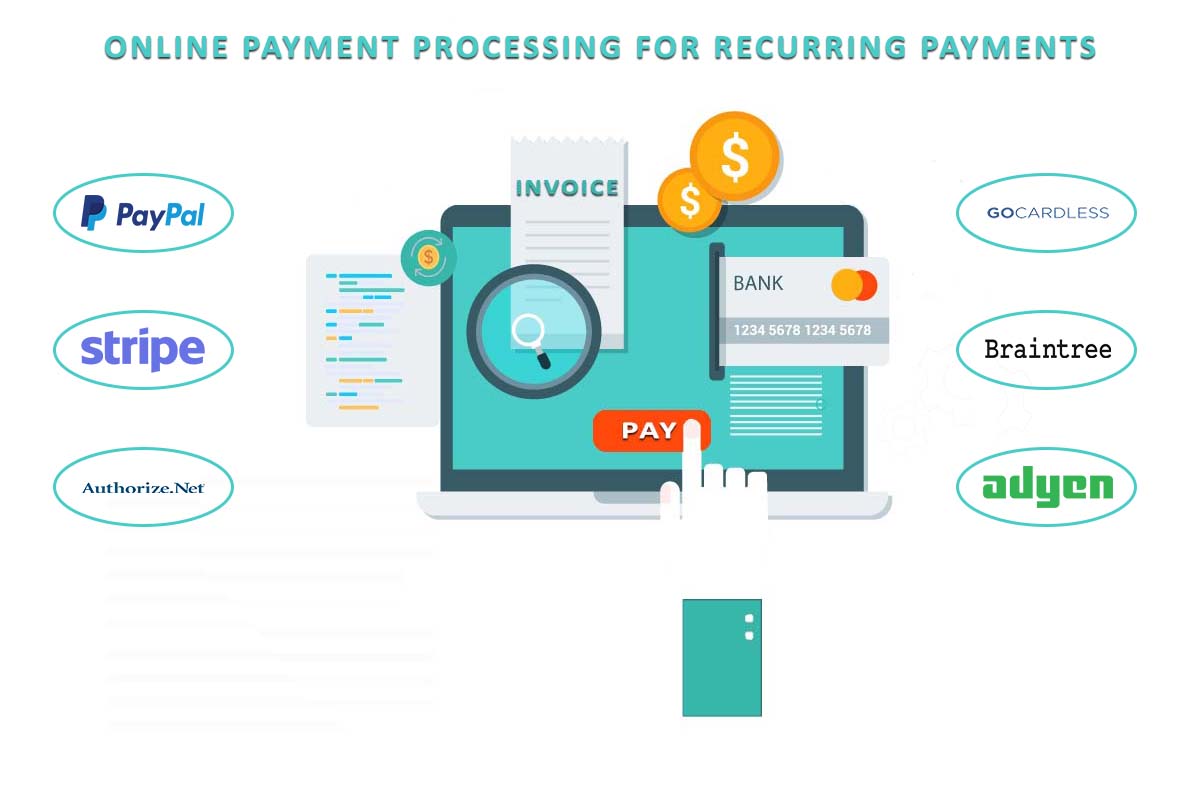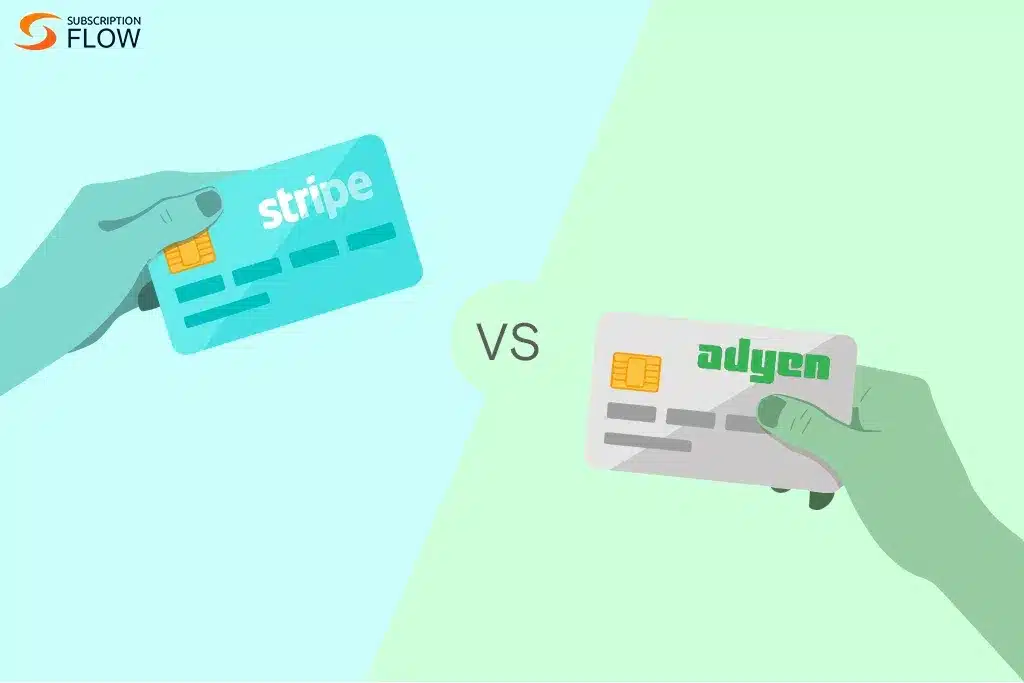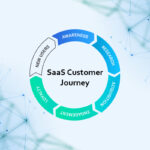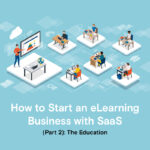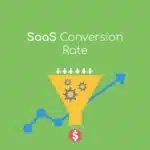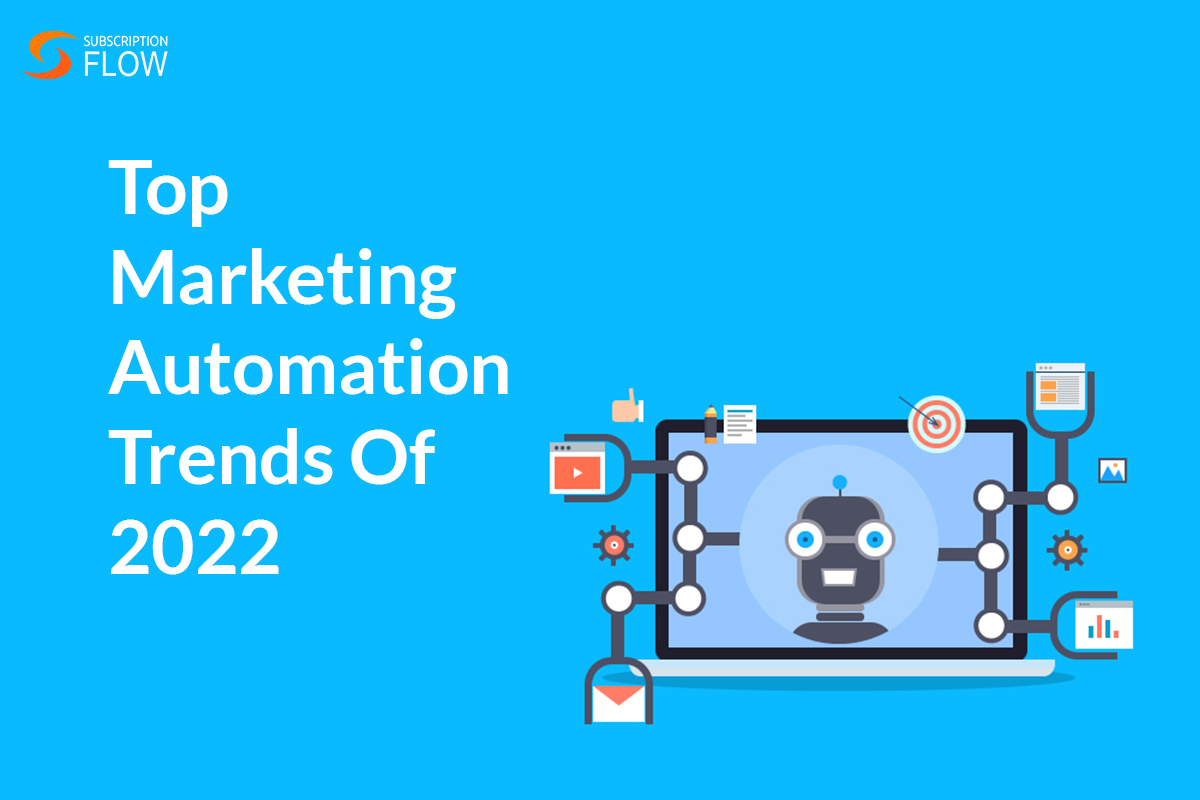
Top Marketing Automation Trends Of 2022
In the past, marketing automation was used primarily to automate repetitive tasks such as email marketing. However, today’s marketing automation platforms are much more powerful and can be used to carry out complex campaigns that can deliver promising results.
As marketing automation becomes more sophisticated, businesses are starting to see its true potential. Here are the trends for B2B marketing automation that are big in 2022:
Behaviour Analytics
Behaviour analytics is a branch of data analytics that analyses human behaviour. It is used to understand how people interact with websites, apps, and other digital platforms. It can also be used to study customer behaviour and predict future trends.
In the past, behaviour analytics was primarily used for research purposes. However, today it is being increasingly used for marketing purposes. Behaviour-based marketing automation platforms can help businesses target customers more effectively and deliver better results.
Account-Based Marketing
Account-based marketing is a targeted marketing approach focusing on key accounts rather than individual leads. This strategy allows you to tailor your message and approach to fit the needs of your target customer. It’s also an effective way to build relationships with decision-makers within an organization. ABM has been gaining popularity in recent years, and it’s only expected to become more prevalent in the coming years.
First-Party Data
In the coming years, businesses will move away from relying on third-party data to understand their customers better. First-party data is data that a company collects through its platforms and touchpoints. This data is more accurate and reliable than third-party data because it’s specific to the company’s customer base.
Using first-party data, businesses can better understand their customers’ needs, wants, and pain points. They can use this information to create more personalized and relevant marketing messages. Additionally, they can use it to improve their products and services.
AI & Machine Learning
Artificial intelligence (AI) and machine learning are two technologies revolutionizing the marketing industry. AI can automate customer segmentation, lead scoring, and email marketing tasks. Machine learning can personalize the user experience, improve website conversion rates, and optimize ad campaigns. These are among the exciting marketing automation trends to look out for in 2022.
Omnichannel Marketing
Omnichannel marketing is no longer a nice-to-have – it’s a necessity. To meet customers where they are and deliver a seamless experience, businesses need to adopt an omnichannel approach. It means using multiple channels (such as email, social media, SMS, push notifications, etc.) to reach customers and using data from these channels to create a single, unified view of the customer.
In the past, businesses focused on one channel at a time. But with the rise of digital-first consumers, that’s no longer enough. To stay ahead of the competition, businesses need to be where their customers are – which means being omnichannel.
Chatbots
Chatbots are computer programs that mimic human conversation. They are commonly used to provide customer service or to automate simple tasks like setting reminders or giving information. Chatbots are powered by natural language processing (NLP), a branch of AI that deals with understanding human language. It allows chatbots to understand the intent of a user’s message and respond accordingly.
The use of chatbots in SaaS marketing automation is still in its early stages, but there are already several ways they are being used to improve customer engagement and conversions.
Marketing Funnel Automation
One of the most exciting developments in marketing automation is the ability to automate your marketing funnel. You can set up campaigns automatically targeting prospects at each stage of their journey, from awareness to purchase.
This approach can save you time and effort, as you don’t need to create and manage different campaigns for each stage manually. It also allows you to be more strategic in your approach, as you can fine-tune your messaging and offers to match where prospects are in their journey.
Value-Based Marketing
Value-based marketing is a methodology that allocates marketing resources to maximize sales based on an estimated value of each customer segment or opportunity. In other words, it’s a way of thinking about and approaching marketing based on what you can do for your audience rather than what you want them to do for you.
Value-based marketing aims to create long-term relationships with customers by providing them with the best possible experience at every touchpoint and, in turn, generating the most value for the company.
It’s an approach that’s been around for a while, but it’s only recently that we’ve seen a shift in focus from product-centricity to customer-centricity. And as the customer becomes increasingly empowered, it’s becoming increasingly important for companies to focus on providing value at every interaction.
Read Also: Value-Based Pricing Model for your B2B and SaaS Business
Conclusion
As we’ve seen, businesses should be aware of many marketing automation trends in 2022. These trends are shaping the marketing landscape today, from the rise of conversational AI to the continued importance of data-driven marketing.
Businesses that can stay ahead of the curve and adapt their marketing strategies accordingly will be well-positioned to succeed in the ever-changing marketing world. So, keep an eye out for these trends and be ready to adjust your approach as needed.

